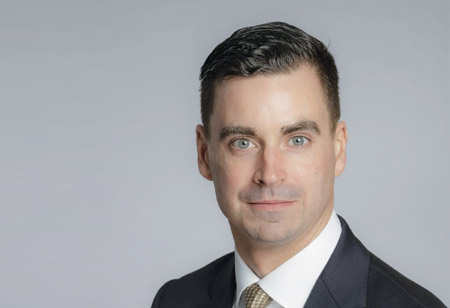

Thank you for Subscribing to Insurance Business Review Weekly Brief

The talent shortfall within the insurance industry and the succession problem we all face need to be urgently addressed. Insurance serves a key societal function in the world economy and is filled with skilled people doing interesting and varied work. If we, as the current industry workforce, don’t accept the challenge of putting this wonderful industry in a better place than when we found it, our clients, employees, companies and reputations will all suffer.
I am told that back in the 1980s, there were two industries that topped new business school grads’ wish lists across North America: investment banking, presumably due to the roar of the leveraged buyout and insurance. How different the world is for one of these industries four decades later, where investment banking remains highly desirable by new grads, yet not so for insurance. Somewhere along the line, because of the overwhelming number of insurance jobs that were filled by the baby boomer generation, we didn’t need to worry about recruiting new generations into the industry. There are many nuances, products, client problems and roles under the banner of insurance, including wholesale, retail, reinsurance, commercial P&C, specialty lines, employee benefits and personal lines. There is a constant barrage of new products, contract wordings, capacity, insurers, distribution channels, technology and industry M&A. While there is the need to protect people, corporations and counterparties from risks that could be crippling if left unattended. Given the breadth and complexities of insurance, why don’t people view it as a sought-after, fulfilling and rewarding career choice? Why would we be looked at as a backup plan for so many new graduates? We could blame human psychology, the media and all of us who haven’t been shouting from the rooftops about the benefits this incredible industry provides to its employee base – challenging problem-solving, competitive compensation, job security and career/skill development. How does human psychology impact perception? According to many scientific studies, negative news sticks with us far longer than positive stories. I think this is tied to a biological defense mechanism through evolution. It reinforces the incorrect attitude that insurance is filled with scammers, insurers who deny valid claims wherever possible and those looking for a quick commission. In reality, these individuals represent a tiny fraction of the industry. Some media subtlety reinforces these biases through negative reporting, which distorts the data and serves as a reminder of an ill-informed attitude.No matter what you’re interested in, it can be found in insurance.
I agree We use cookies on this website to enhance your user experience. By clicking any link on this page you are giving your consent for us to set cookies. More info